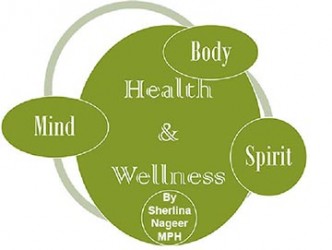We hear the stories all the time. Woman battered to death. Sometimes—rarely—it’s a shock. More often, afterwards, the family and neighbours invariably say, “Yes, they used to fight a lot. He would beat her.” Sometimes people try to help, but too often, they don’t. “Oh, that’s man-woman story; I’m not getting involved. I don’t want any problems.” Fear of being victimized themselves also keeps many people from acting.
 We see the beatings all the time. Parents hitting and shouting at their children. At the market. In the bus. On the street. In the next yard. We look and then, too often, we look away. We don’t want to get ‘bused ourselves, after all, nobody enjoys getting shouted at. “Mind your own business and don’t tell me how to handle my child!” is a common response of the offending parent.
We see the beatings all the time. Parents hitting and shouting at their children. At the market. In the bus. On the street. In the next yard. We look and then, too often, we look away. We don’t want to get ‘bused ourselves, after all, nobody enjoys getting shouted at. “Mind your own business and don’t tell me how to handle my child!” is a common response of the offending parent.
Violence is epidemic in Guyana today. It is, in fact, one of the major societal ills of our time. From children “getting licks” and domestic violence, to police brutality, rape, assault, and other acts of interpersonal aggression, violence is an everyday event in Guyana. Violence against self—such as physically mutilating one’s body and engaging in self-harming behaviours like overconsuming alcohol and other drugs—is also widespread, with suicide, the ultimate form of self-inflicted violence, making us infamous worldwide.
Worldwide, homicide is the third leading cause of premature death of boys and men between the ages of 15 and 44, and the tenth for women in the same age range. But even when violence does not result in death, the impacts are still staggering. Experiencing violence can leave injuries that last a lifetime, from physical disabilities to mental affliction that can affect the ability to form healthy relationships, function normally, and be a productive, contributing member of society. One report from the World Health Organization found that “most violence resulted in
